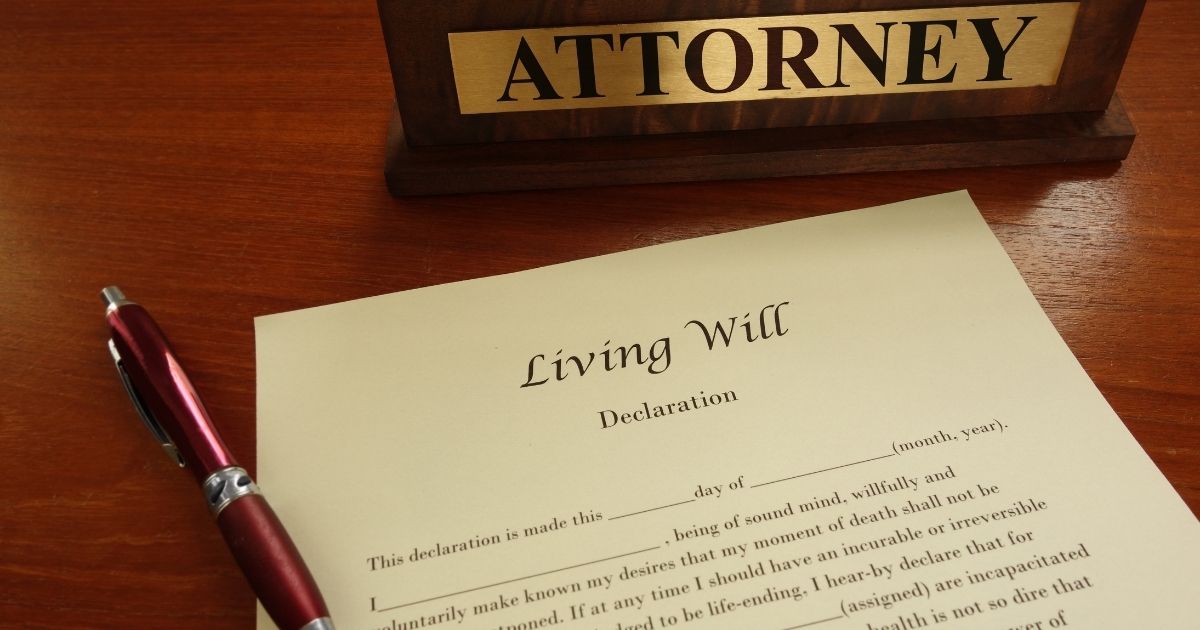An advance directive is a legal document that provides instructions related to your values and desires regarding end-of-life care. An advance directive is not set in stone, and it can be adjusted to reflect changes in your health. There are many documents that fall under advance directives, and an advance directive goes into effect when you are unable to speak for yourself.
A living will is one type of advance directive. A living will lays out your legal preferences for medical treatment if you ever become permanently unconscious or you are at the end of a terminal illness. The legal document enables you to provide advance guidance on how you want certain medical decisions to be made.
Unlike a living will, an advance directive is not limited to terminal illness. It can include strokes or even dementia.
Some critical medical decisions that need to be addressed while someone is incapacitated include:
- Whether or not to use mechanical ventilation to enable breathing and for how long.
- Whether or not to use CPR or a defibrillator that delivers an electric shock to the heart.
- Whether to introduce fluids and nutrients intravenously or via a tube inserted into the stomach and for how long.
- If aggressive treatment to fight infections is preferred or whether allowing infections to resolve themselves is preferred.
- How long to use dialysis if the kidneys are no longer functioning.
A will enables you to provide detailed guidance on very important potential medical decisions. You can also grant a power of attorney. A power of attorney is someone who can act on your behalf to ensure a court will enforce your will.
What are the Benefits of Having an Advance Directive?
Advance directives provide suitable and legally enforceable guidance on how to proceed when important medical decisions must be made. A power of attorney is an ideal tool that will ensure you have a legal ally that you can trust to enforce the will and other advance directives.
When done properly, you can obtain an acceptable level of health care in accordance with your wishes. Any financial legacy is preserved as much as possible for intended heirs with assets eventually distributed based on a lawful last will and testament.
West Chester Wills and Estates Lawyers at Eckell Sparks Help Clients Understand the Importance of Advance Directives
A will or advance directive can make sure your health, assets, and family are protected. If you need help with an estate plan, speak with our West Chester wills and estates lawyers at Eckell, Sparks, Levy, Auerbach, Monte, Sloane, Matthews & Auslander, P.C. today. Call us at 610-565-3701 or contact us online to schedule an initial consultation. Located in Media and West Chester, Pennsylvania, we serve clients throughout Delaware County, Chester County, and Montgomery County.

